Cape-wide town level meetings exclude a silent majority, advocates say
At a recent Barnstable Town Council meeting, Tara Vargas Wallace, of Amplify POC Cape Cod, was one of the only attendees present to advocate for the handful of affordable housing developments that have been proposed for the area.
There’s no doubt, Vargas Wallace said, that there are hundreds of families desperately in need of affordable housing throughout Barnstable’s seven villages. But they rarely appear at the bi-weekly Zoom Town Council meetings.
Those who often show up for the forums, however, are organized members of the opposition — also known as NIMBY groups (not in my back yard), Vargas Wallace said. They're there to argue in favor of environmental protection and conservation, she said.
"They rotate and take turns appearing and speaking up for what they want, and they do it in an orchestrated manner,” Vargas Wallace said. “They know how it works and they show up to each and every meeting.”
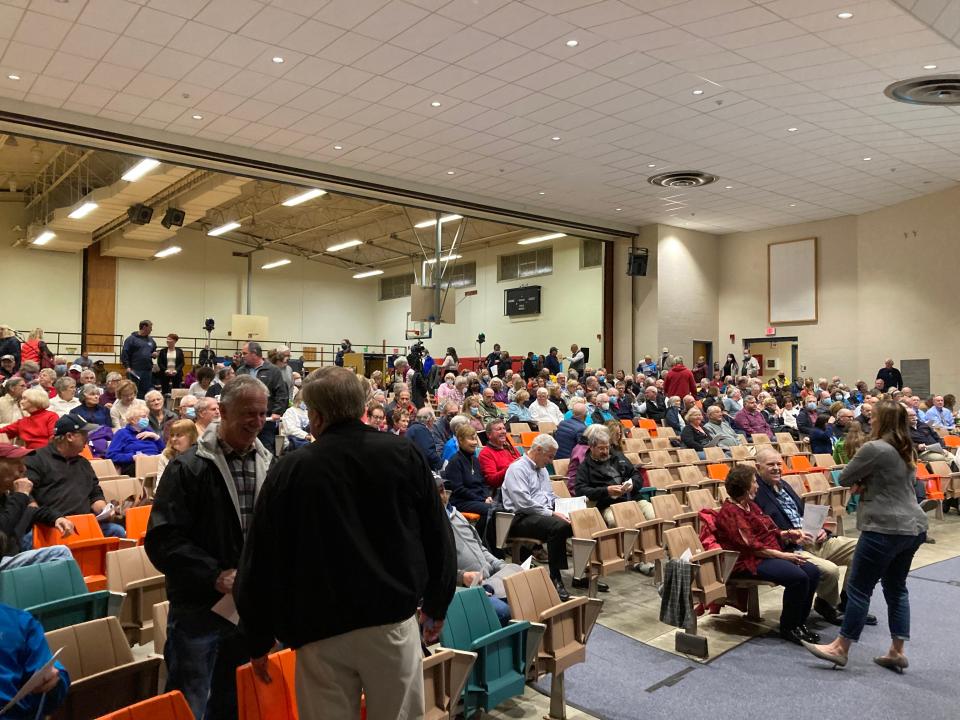
The lack of representation from those who need affordable housing, in Vargas Wallace’s opinion, directly stalls the Town Council from moving forward with potential projects that could help alleviate the mass exodus and displacement of workers and families from the Cape.
“We need more soldiers. We need consistency,” Vargas Wallace said. “We are fighting an uphill battle over available housing and people don’t seem to understand that. The squeaky wheel gets the oil.”
More: To understand Cape Cod's housing crisis, look at what's happening at Twin Brooks
Giving away your voice
The struggle for engagement and participation surrounding voter turnout, council meetings in Barnstable, and town meetings on the rest of Cape Cod, reaches beyond affordable housing into local public policy areas such as wastewater funding, short-term rental taxes, environmental issues, plastic water bottle bans and public safety infrastructure costs.
Although Barnstable Town Council elections won't occur until 2023, spring elections are coming in towns across the Cape.
Jeanne Morrison, a Barnstable resident, said voters need to fill open seats with representatives who will make decisions about the most important issues that impact day-to-day lives.
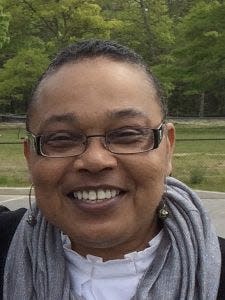
“These are people that will shape policy for the next three to five years. When you don’t show up to advocate for yourself or your community, you’re giving away your voice,” Morrison said. “The one thing that we have as Americans is our voice. The more we stay silent, the more we allow ourselves to be suppressed. We are giving away our power.”
More: Voting reforms present challenges for local elections administrators
Those who show up are making decisions for all
A plastic water bottle ban in Dennis was voted into place by just 92 votes, Times columnist Cynthia Stead said in a May 2021 column.
Many Dennis residents were angry about the “boilerplate petition,” Stead wrote, but those residents didn’t show up at the polls — pushing the ban forward to join other Cape towns like Brewster and Wellfleet.
More: 'Greener alternative': Cape businesses support plastic water bottle ban, seek substitutes
“Here is a real opportunity for residents to steer and control the direction of the town itself,” she wrote. “When a board or commission is elected, they have to make decisions and set policy, but it is hard for them to do so unless questioned and informed. A town is different than living in a city in that you are not governed, you are the government yourself.”
At that time, annual elections of the Select Board, Dennis-Yarmouth School Committee, Dennis Water District and Old Kings Highway Committee was also underway but out of 12,927 eligible registered voters, 581 turned out to vote – about 5% of the Dennis population.
More: If you don't like what's happening in town, participate.
“The races were uncontested, so the overall attitude seemed to be one of 'Why bother?'" Stead wrote. "But if you did not like how an official was doing their job, for once it would have been simple for a write-in candidate to have a real chance of winning.”
Voter turnout dismal overall
There's good news in Barnstable County, with 31,000 more voters casting a ballot in the spring of 2020 versus in 2018, Beth Huang, executive director of Massachusetts Voter Table, wrote in an email. But the proportion of voters skews overwhelmingly white, at 97%—with racial models based on census and commercial data—and predominantly older individuals, with 40% of voters older than 65.
More: Voting reforms present challenges for local elections administrators
For Mashpee's 2021 town-level elections, total eligible voters by precinct numbered 12,072—with only 1,709 community members showing up to the polls, about 14%.
The May 2021 annual town meeting, said Town Clerk Deborah (Dami) Kaye, "was even more dismal" with about 464 people present to approve a $62 million budget.
For the 2020 Wellfleet annual town elections, low voter turnout meant that just 339 ballots were cast out of 2,834 registered voters — which is about 12% of Wellfleet's voter population.
"If you believe your voice is important, then you need to go to town meeting and to the polls," Kaye said. "We approve multi-million dollar budgets and we will approve the budget with maybe 350 people participating. I don't know what to do to get people to go to town meeting and come out to the polls."
Lack of participation could skew future communities
There is representation throughout town meetings and during elections, said Robin Hubbard, chairwoman of the Orleans Democratic Town Committee.
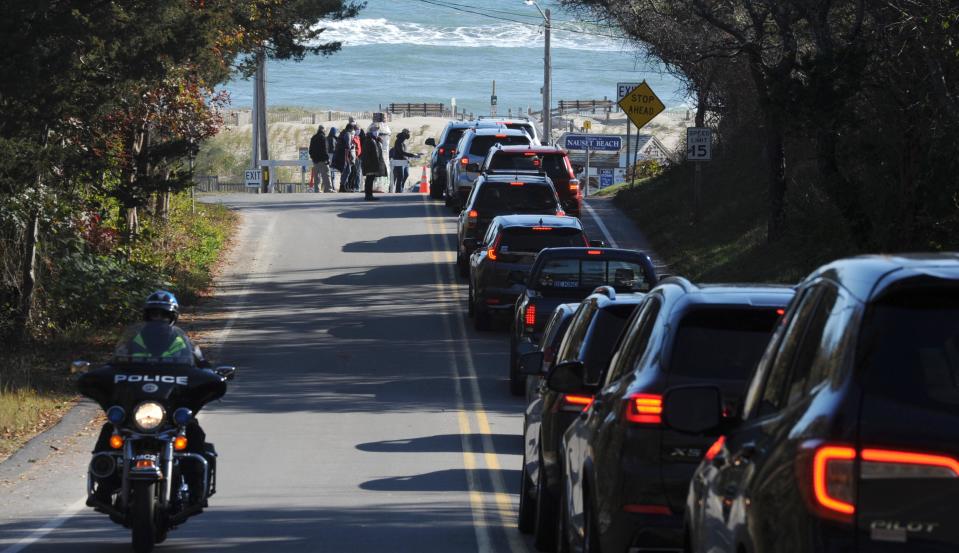
Hubbard agrees with Vargas Wallace, though, that attendees who participate on a local level are strategically organizing and often push their politics into what should be a nonpartisan sphere.
“It’s not supposed to matter what party you are in for town-level elected positions. It’s supposed to be more based on who is the best person for the job,” Hubbard said. “People just want to help the Republicans or just help the Democrats. We need to help everybody. We need to take care of each other. Part of that is helping get the best people into office that can represent everyone.”
More: Should a handful of Cape residents decide how to spend town money? It happens every year.
Traditionally, town meetings are set up to accommodate those “who have more time on their hands,” said Stefanie Coxe, housing advocate and founder of Nexus Werx LLC. Citizens who are older, retired, and are homeowners are typically those who comfortably engage in the process and “make decisions for the entire town,” Coxe said.
Usually held in the evenings, town meetings can often run for hours, she said. For those with families, in-person meetings are almost impossible to attend—especially for guardians who are shuttling children to and from sports, helping with homework and making dinner.
“You had to sit around town hall in meeting rooms for hours until you could testify on something,” Coxe said.
More: Yarmouth planning to go it alone on wastewater treatment plant, for now
For others, the entire process can seem archaic, confusing and overwhelming, said Coxe. Especially for working people, she said, who are often too busy to become interested on a regular basis. It’s often people who are younger—people who haven't had an opportunity to fully establish themselves—who have the least opportunity to weigh in and engage, said Coxe.
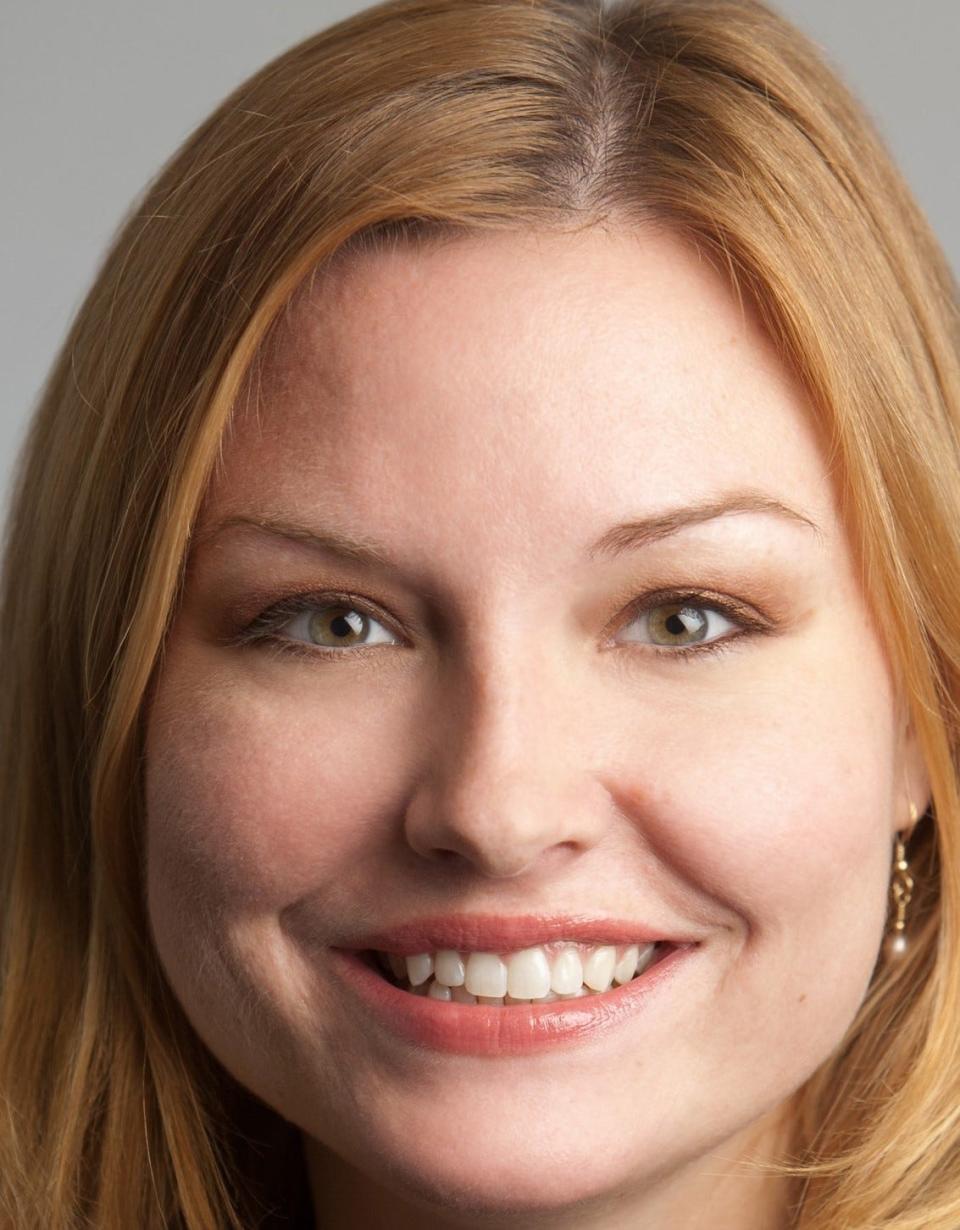
“The lack of representation from all town citizens leads towards a mindset that keeps everything the same and nothing changes,” she said. “That becomes problematic when we need to change things like zoning or economic development as we try to build a vision for the future of our communities.”
More: Community engagement is key, Cape affordable housing advocate says
COVID-19 has also halted participation
Since the pandemic hit in 2020, Kathy Ohman, a volunteer with the Cape & Islands Democratic Council, has noticed fewer people at town-level meetings and municipal elections.
“The last two years have really been devastating for community activity like town meetings,” Ohman said. “Here in Dennis, we've often waited long hours outside (to vote) at special elections. I think it's increasingly difficult to get people engaged in a time when people are still afraid to interact with each other.”
The missing component of younger community members at town meetings also hasn’t gone unnoticed, said Ohman, a situation that she attributes to a lack of affordable housing.
“It's becoming harder and harder to engage young people down here because there aren't as many of them due to incredible affordable housing problem(s) we have,” she said. “They are being pushed out. It’s getting worse every year.”
Diverse voices needed to make change
Jennifer Cullum, a Barnstable Town Council member for Precinct 13 and chairwoman of the council’s appointment committee, ran unopposed multiple times. Nobody wants the job, Cullum said. That's another problem when important policy decisions are being made, she said.
“We have a vibrant population that can help us decide what our future is. But what has really been absent in my 10 years as a (councilor) is a diversity of voices,” Cullum said. “I don't feel like there’s real civic engagement. There's not enough people showing up.”
More: State's Chapter 40B law was designed to spur affordable housing growth. It didn't on Cape Cod
Initially, when meetings across the Cape went remote, Cullum was hopeful the move would “flip a switch,” in terms of participation and engagement from the community. For the first time, she felt she could reach new groups of people the council had been legislating for but who hadn't been present for the legislation.
“It meant we could get moms and parents that work two jobs at public comment. People could put their kids to bed on time, and still show up, be seen, and speak their piece,” Cullum said.
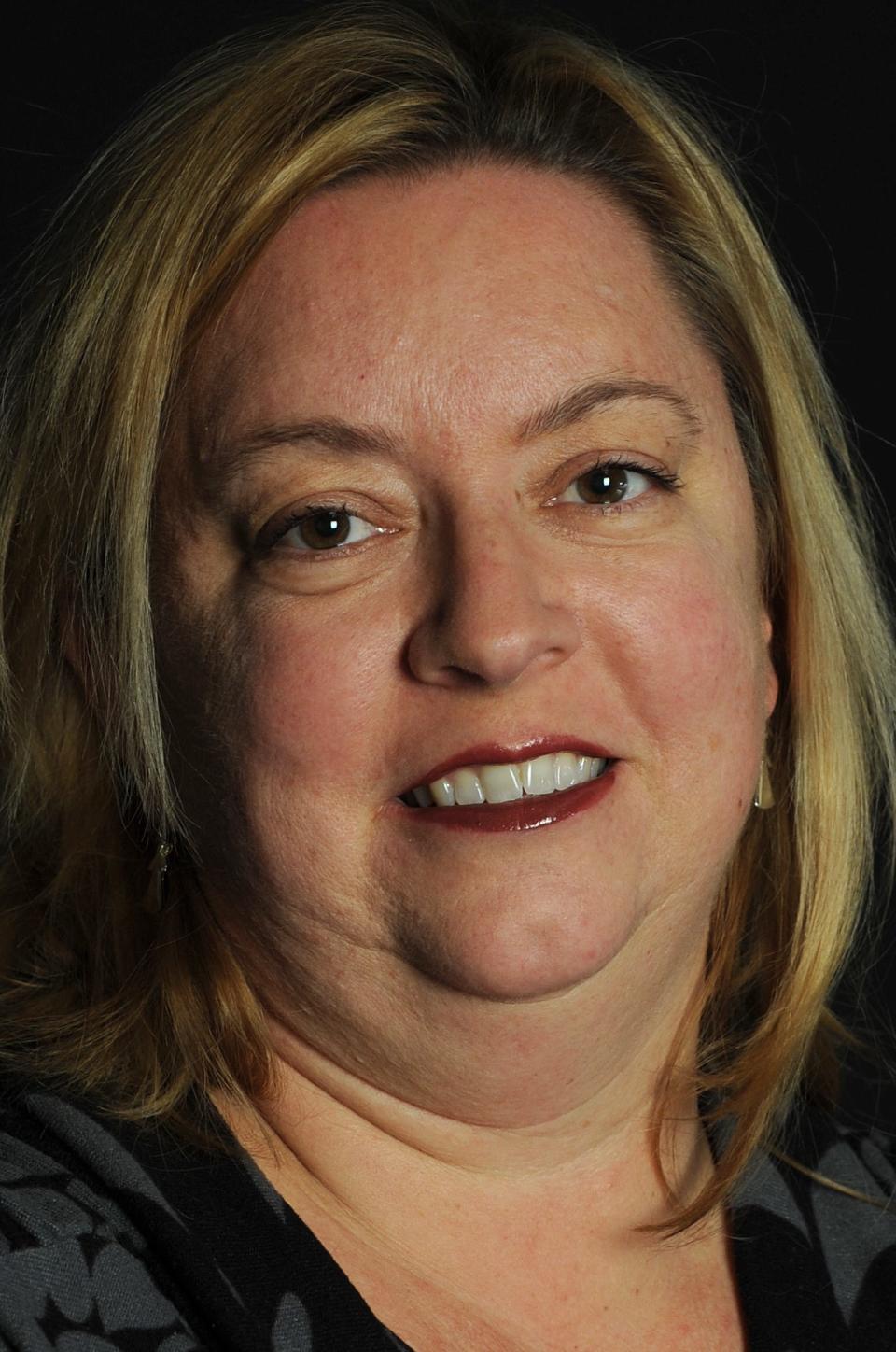
But from the homeless population to working families to asylum seekers and undocumented immigrants, Vargas Wallace said virtual meetings can be a solution for some but not others.
More: Public hearing last leg of permitting process for phase 1 of Herring River restoration
“Yes, Zoom meetings have the capability to widen the scope. But how are homeless people supposed to weigh in at a Zoom meeting? They are bouncing from house to house, from hotel to hotel—trying to eat and scrape up enough money to get by,” she said. “They are actively being traumatized by their situations. They are in crisis.”
Putting the burden to attend meetings on marginalized groups doesn’t make sense, said Vargas Wallace. It’s up to council members, and community leaders to conduct outreach, listen to advocates, and educate themselves about realities surrounding communities they serve, she said.
“There are council members who have been elected that can’t understand why those that need housing aren’t attending council meetings,” Vargas Wallace said. "They think that their absence shows there isn’t a problem. That couldn’t be further from the truth.”
More: Consultant for kick-off of Mashpee's long-term development plan stumbles, Wampanoag sites ignored
Unengaged voters: How to reach
Various mechanisms are needed to encourage and allow for diverse input from unengaged voters, Morrison said.
"They (voters) have to believe their input matters. The same is also true of decision makers," she said. "They have a responsibility to reach out and know the issues for all residents and work with the collective of who can attend meetings and who cannot before making decisions."
The public also needs to better understand how local, county and state government interacts and the processes of decision making, Morrison said.
"If it truly is the responsibility of the public to inform leaders to make informed decisions there is room for improvement in two-way communication and transparency," she said. "Together we can create better communities that are affordable, safe, progressive and productive for all of Cape Cod residents."
Other avenues for participation
Although there's a silent majority of voices that don't make it to town meetings, Coxe said, many people don't know they can access most public comment portions of Town Council or Select Board meetings online.
“You can quickly jump on (Zoom) during public comment—even if you don’t know what the solution is to a particular problem—and state your worries, concerns, or priorities,” she said.
In addition, community members can also email select boards, town councils, or planning boards with comments, concerns and questions, Coxe said.
Or just speak to board members at the grocery store or another impromptu venue, said Coxe.
More: YOUR TURN Orleans residents can’t afford to stall on housing production
Another avenue that gives the public some power, is joining a town committee like the Town of Barnstable’s Local Comprehensive Planning Committee, advised Cullum. Although endeavors like this can require time commitments, residents can weigh in on visions for growth and development, land use, infrastructure and resource protection for distinctive communities, she said.
“It's one thing to invite people to the table to be part of a solution and to make suggestions in an advisory way. It's another thing to make participation a concrete path that can be accessed by all," Cullum said. “Diversity, equity and inclusion is something I'm really looking at. Different races and different ways of life. It's absolutely essential that we move forward together. We need to really embrace that.”
Update: Reporter Rachael Devaney was a founding board member of Amplify POC Cape Cod but resigned before she started working at the Cape Cod Times.
Contact Rachael Devaney at rdevaney@capecodonline.com. Follow her on Twitter: @RachaelDevaney.
This article originally appeared on Cape Cod Times: Cape Cod town-level meetings exclude a silent majority, advocates say

